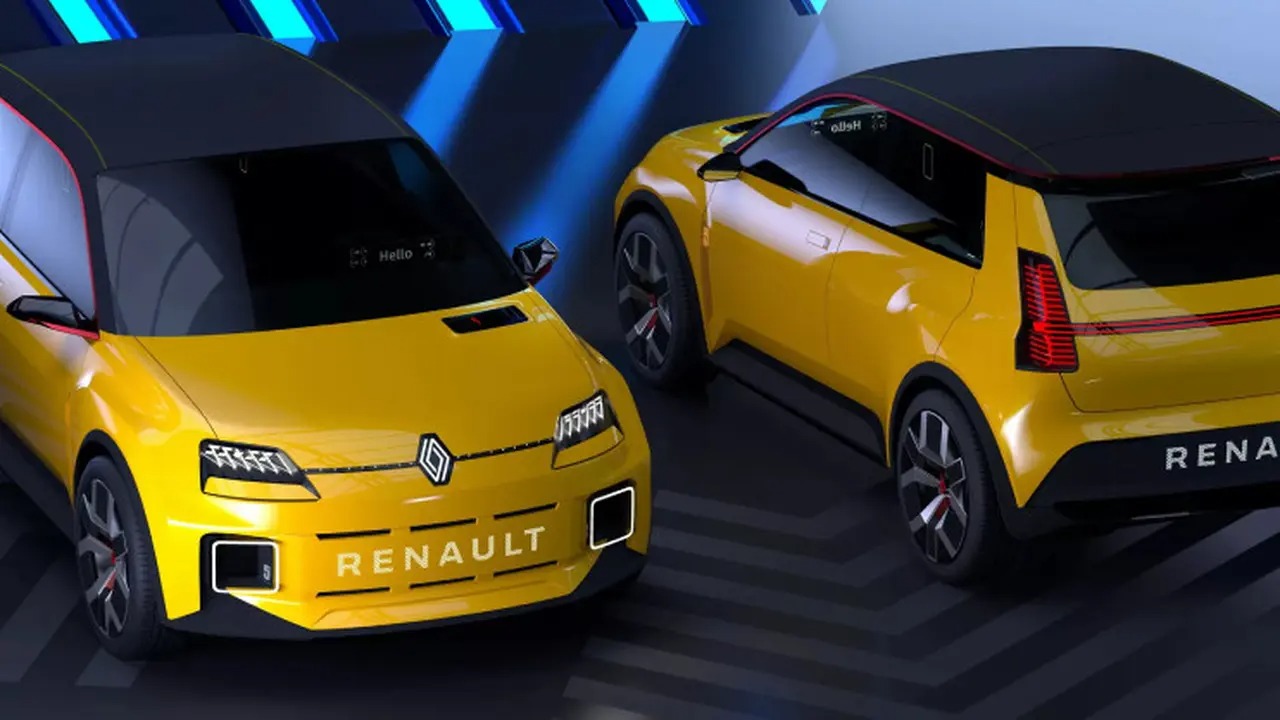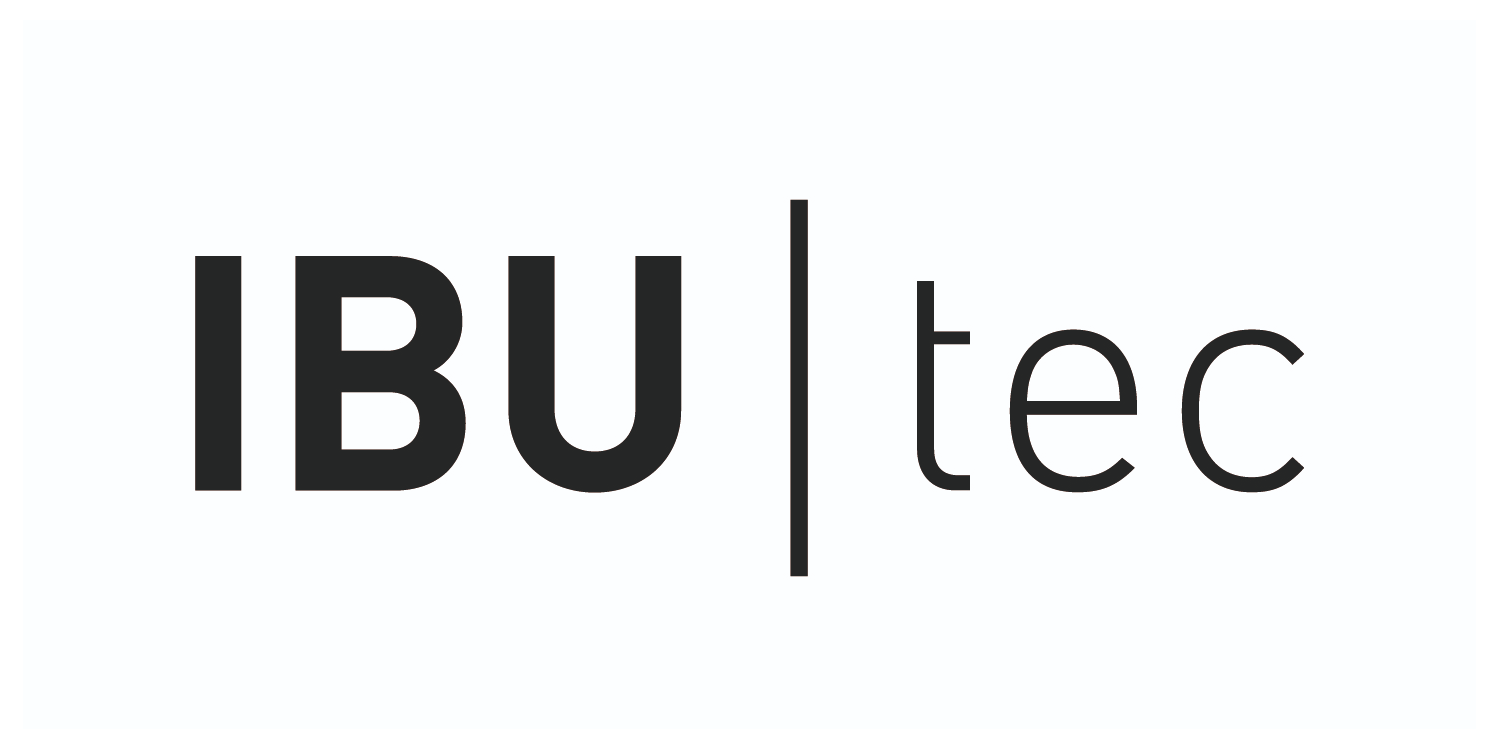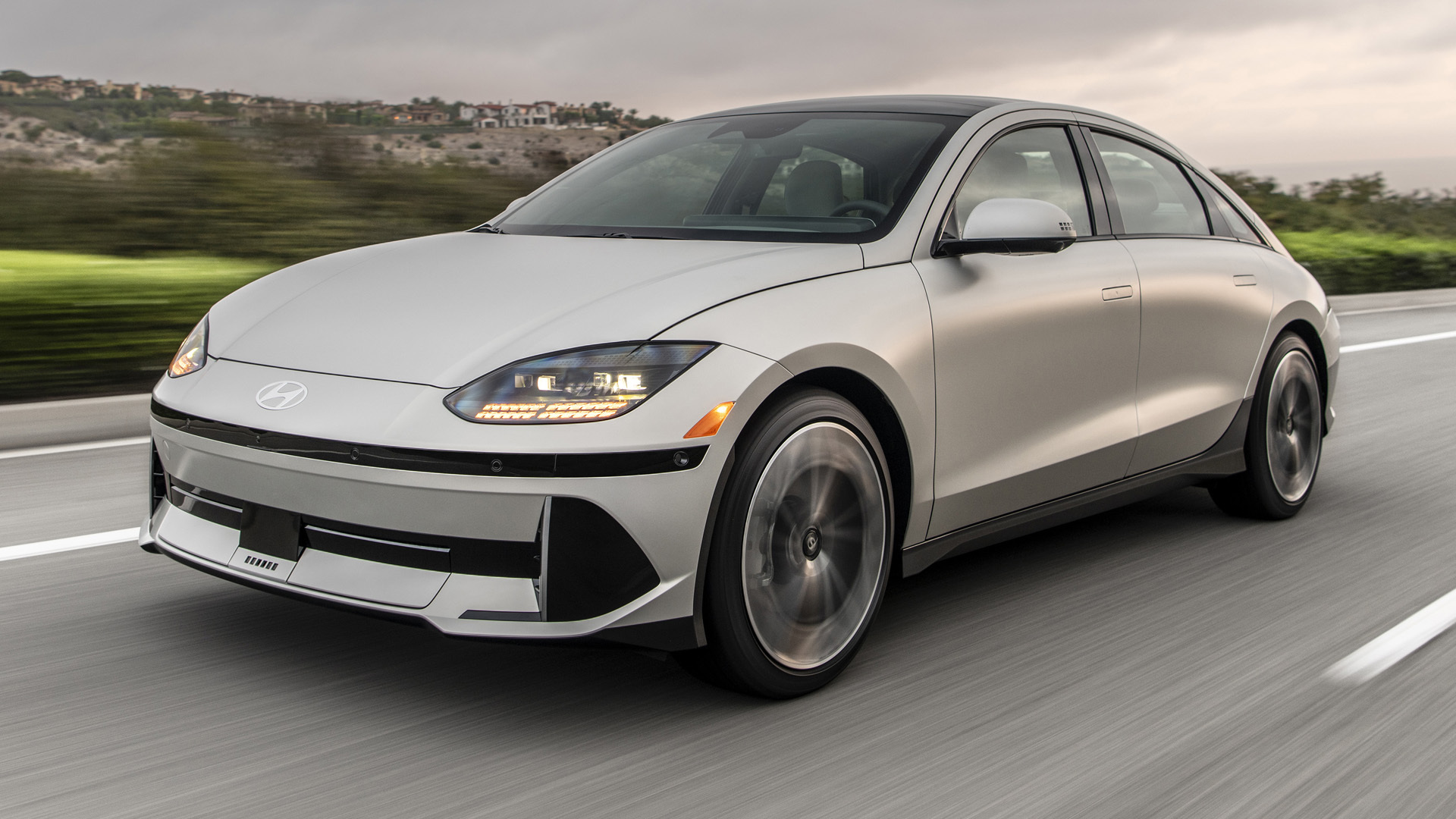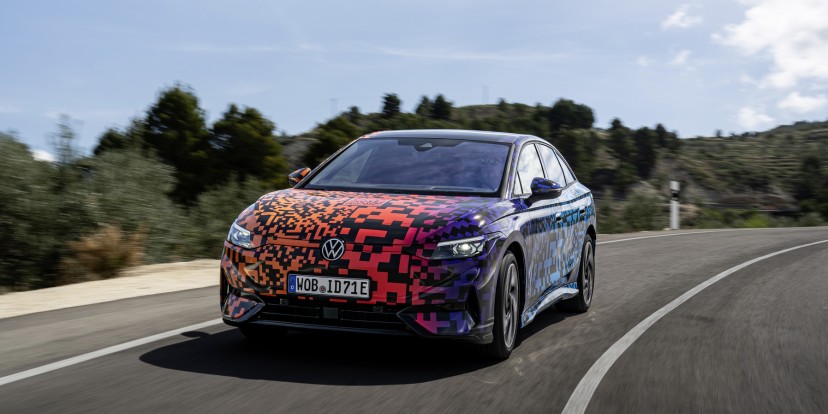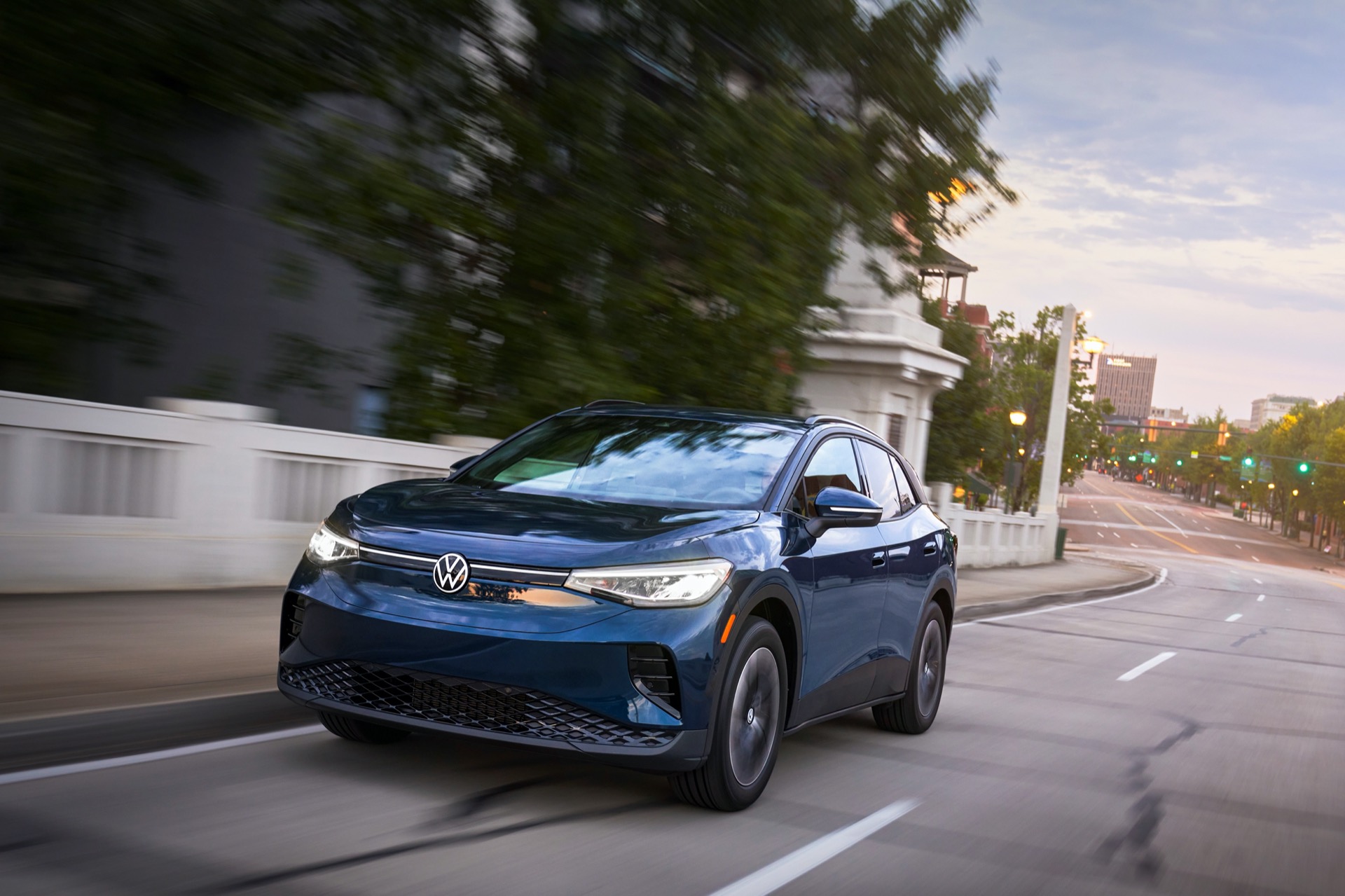The age of the internal combustion engine (ICE) is coming to a close, as European automakers rush to go electric. Despite the sales ban on new cars powered by ICEs not coming into effect until 2035, many companies have already announced plans to transition to electric vehicles (EVs) well before the deadline.
Jaguar is bidding farewell to the ICE as early as 2025, with Renault, Volvo, Ford of Europe, Bentley, and Rolls-Royce to follow suit by 2030. Most Stellantis brands will abandon gasoline and diesel engines in seven years’ time, and Audi will launch only electric cars from 2026, with production of ICE models ending by 2033. Even archrivals BMW and Mercedes are committed to going EV-only before 2030 if mandatory in certain EU markets.
Volkswagen, Skoda, and Cupra/SEAT are also expressing their desire to transition to an electric portfolio by launching many zero-emission models in the coming years. Outside of European brands, Kia and Hyundai will sell only electric cars from 2035 on the continent, five years after the luxury brand Genesis.
See also: Renaut targets to control 80% of the supply chain for its electric vehicles by 2030
Renault Group CEO, Luca de Meo, recently revealed that automakers are no longer developing new combustion engines from scratch. “All the money is going to electric or hydrogen technology,” he said. Some of the combustion engines available today will be discontinued in the coming years, while the remaining ones will have to be updated to meet Euro 7 regulations.
The ICE’s days are numbered, and diesel and large-displacement gasoline engines are the most vulnerable and will be the first to go extinct. Bugatti is phasing out the W16, and the V12 is found in only a handful of cars. The V10 is also living on borrowed time as Audi is killing the R8, and Lamborghini is planning a Huracan successor with a downsized hybrid setup.
However, there is a glimmer of hope for the ICE, as synthetic fuels could evolve into an alternative to battery-powered and hydrogen EVs. The European Commission is reportedly drafting a plan to allow automakers to sell new combustion-engined cars running on e-fuel after 2035.
Luca de Meo described e-fuels as “kind of a niche solution” but admitted they do represent “an opportunity.” However, production would have to ramp up considerably to have strong supply chains. It’s clear that the future of the automotive industry lies in electric and hydrogen technology, but e-fuels could provide a bridge for the ICE to survive a little longer.

